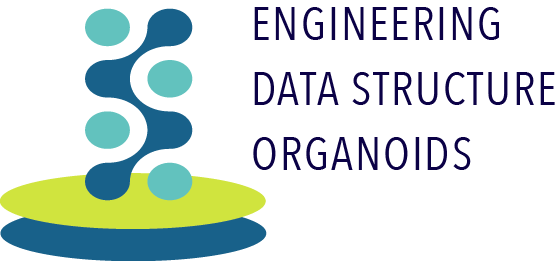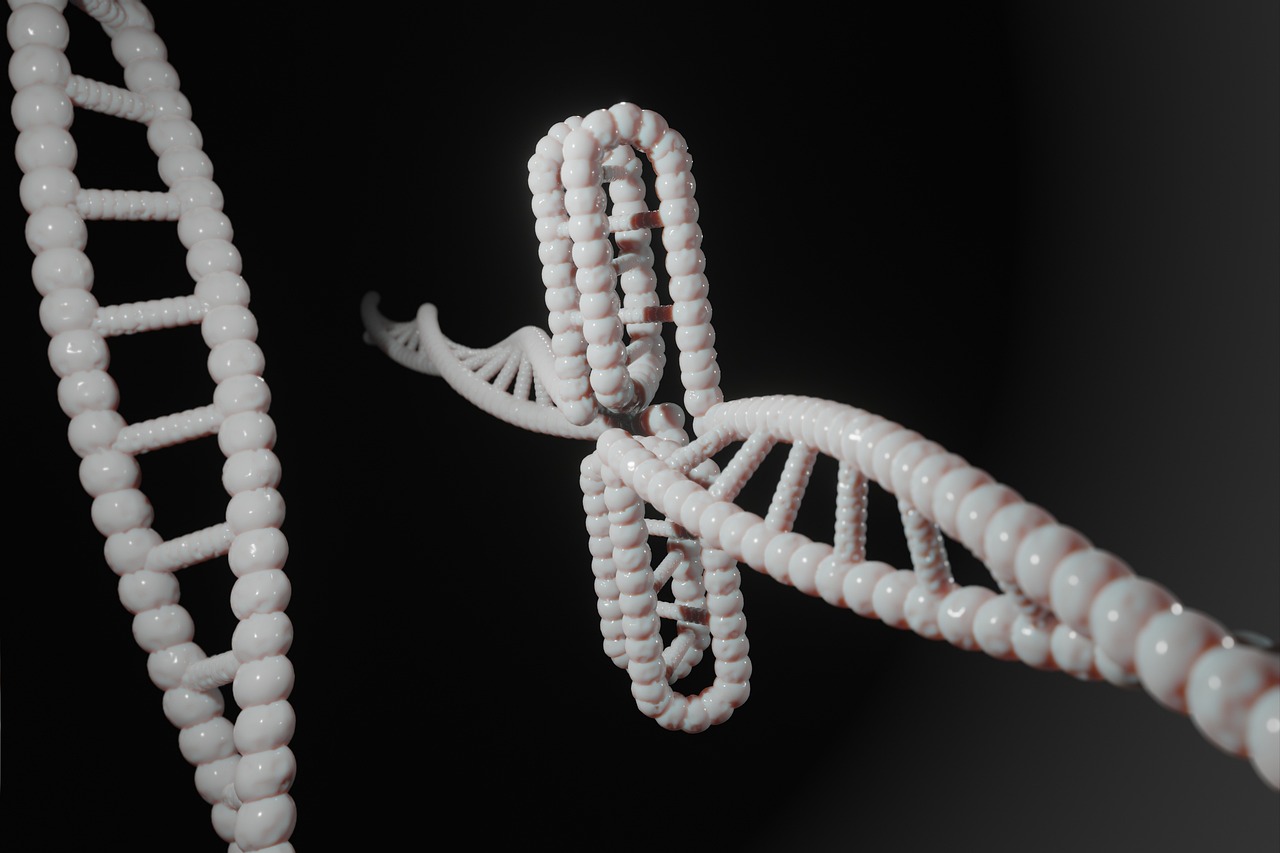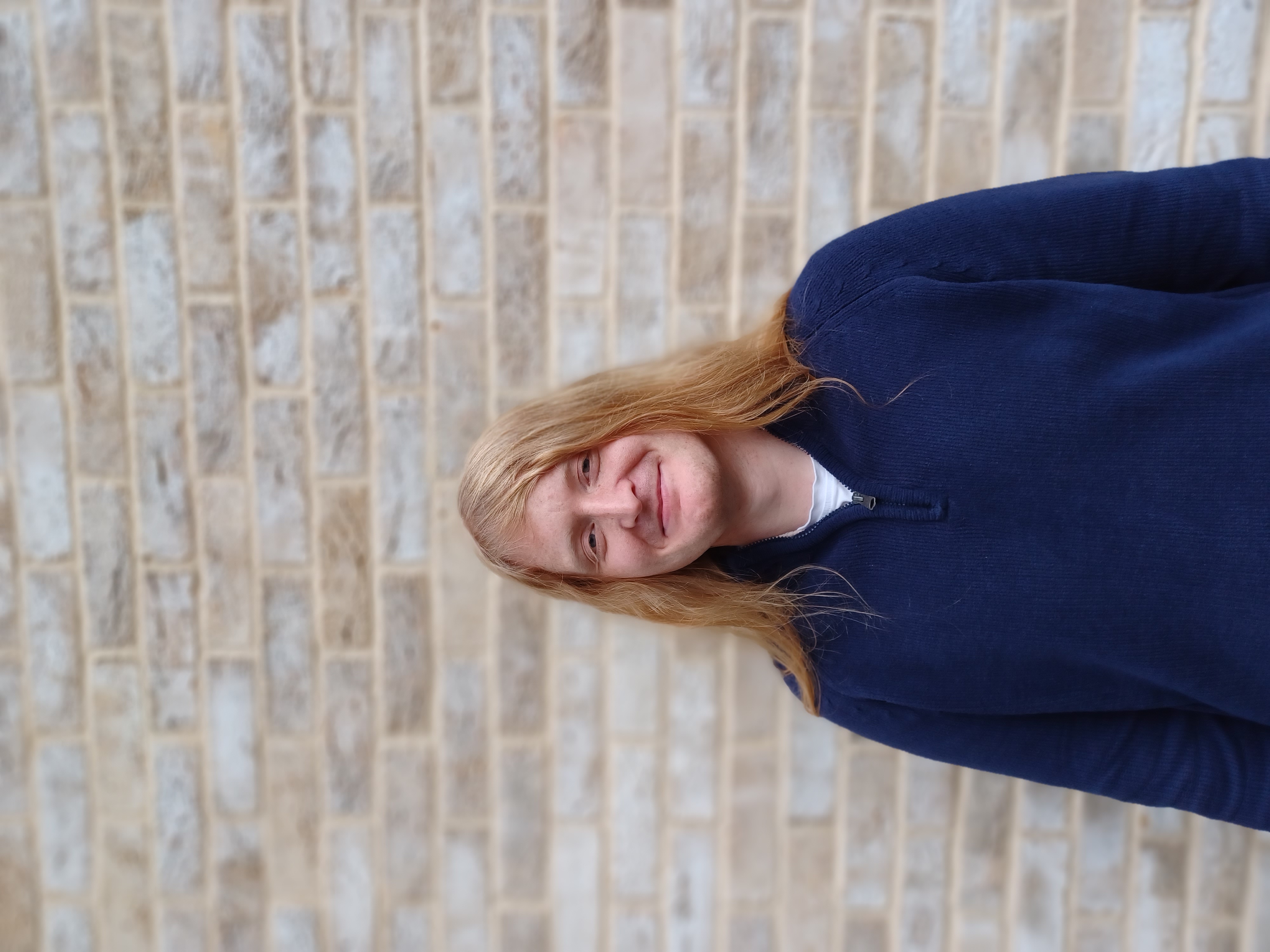Bridging Disciplines and Engaging Publics in the Coevolution of Science, Technology, and Society
The annual STS (Science, Technology, and Society) Conference Graz 2024 has once again brought together scholars from across the globe to engage in critical discussions about the coevolution of science, technology, and society. As a hybrid event, it also highlighted the importance of bridging gaps between disciplines and fostering a truly global conversation on emerging techno-scientific issues.
My Contribution: Exploring Public Engagement in DNA Data Storage
At the conference, I had the opportunity to present a paper on “DNA data storage: public engagement through qualitative online survey.” Through our survey, we wanted to understand how the public perceives DNA data storage technology and we identified a range of attitudes—from curiosity and ethical concerns to misunderstandings about the technology. This study highlights the growing need for transparent and effective communication with the public on novel technological advances, as public understanding plays a crucial role in the ethical development of these technologies.
Insights from the conference
Several sessions at the conference offered fascinating insights into how various institutions and sectors approach technological change. For example, the keynote speech by Kornelia Konrad (https://people.utwente.nl/k.e.konrad) from the University of Twente explored “Hydrogen Visions Between Past, Present, and Future,” providing a comprehensive overview of hydrogen technology’s evolution and its potential future impact. Other sessions featured discussions on trust within (Open) Science, AI and Society, sustainable urban and environmental policies and social acceptance or renewable energy infrastructures among others.
Throughout the conference, several key themes were addressed:
- How can we engage diverse public groups in discussions about science?
- How can science become mor responsible?
- The role of science communication – How do we ensure that both positive and negative aspects of research as equally reported?
Image from Pixabay




